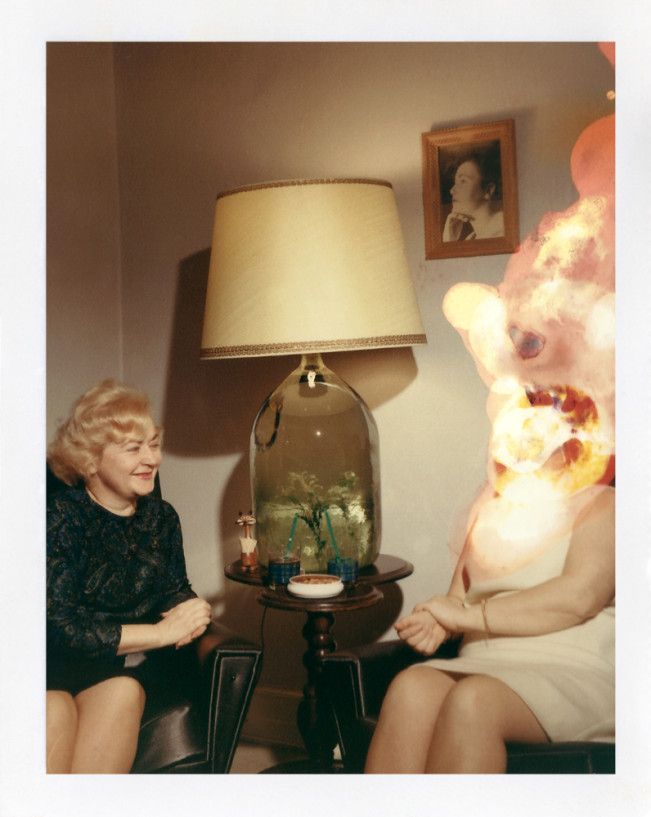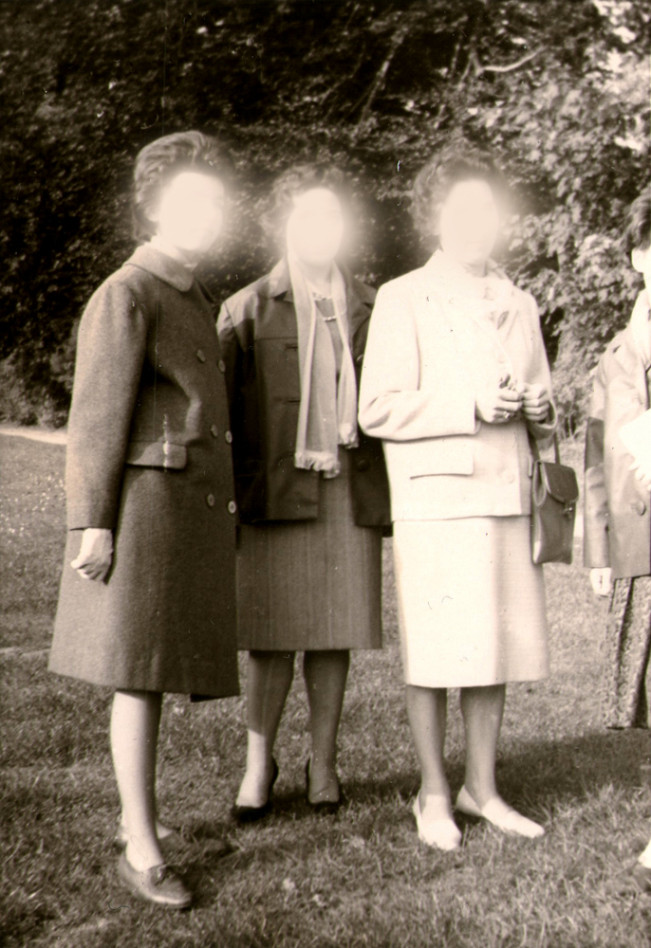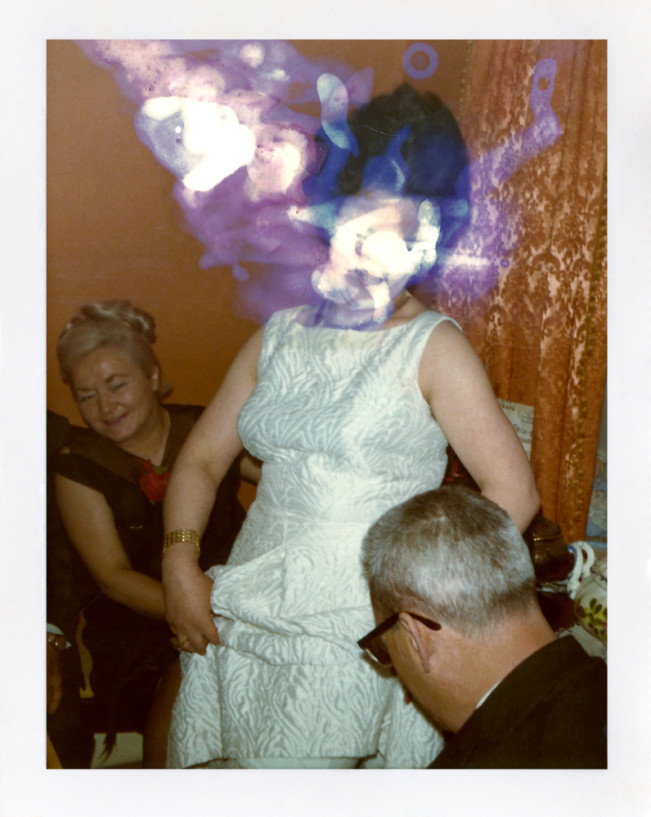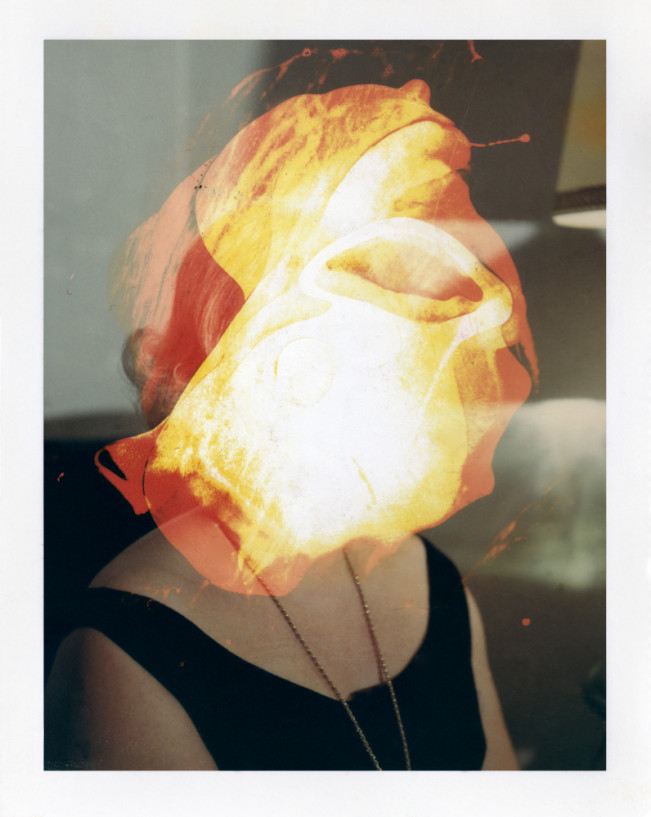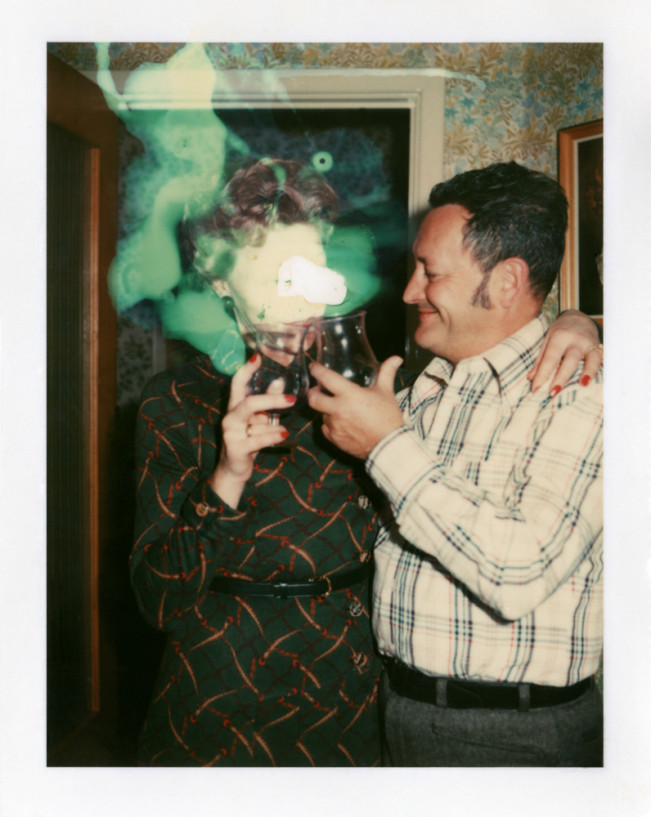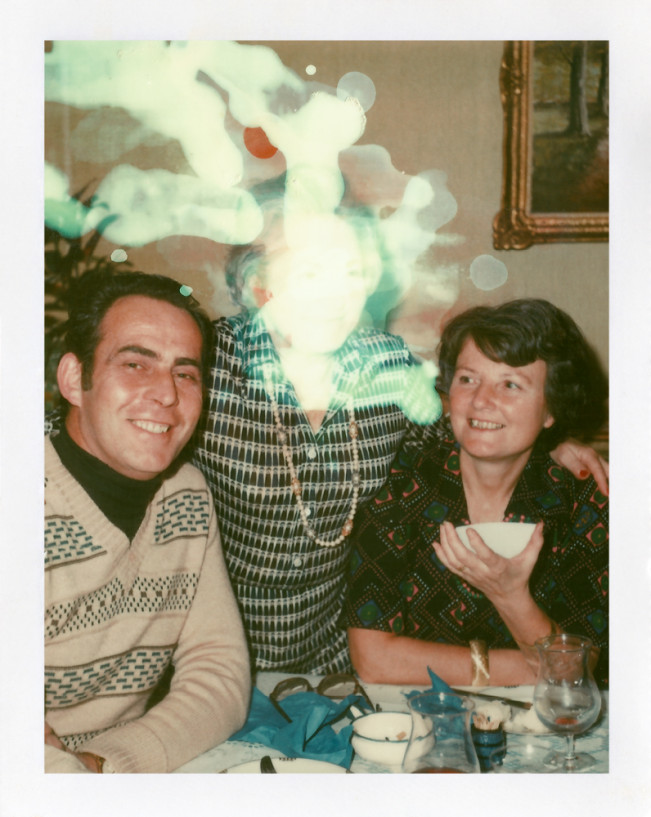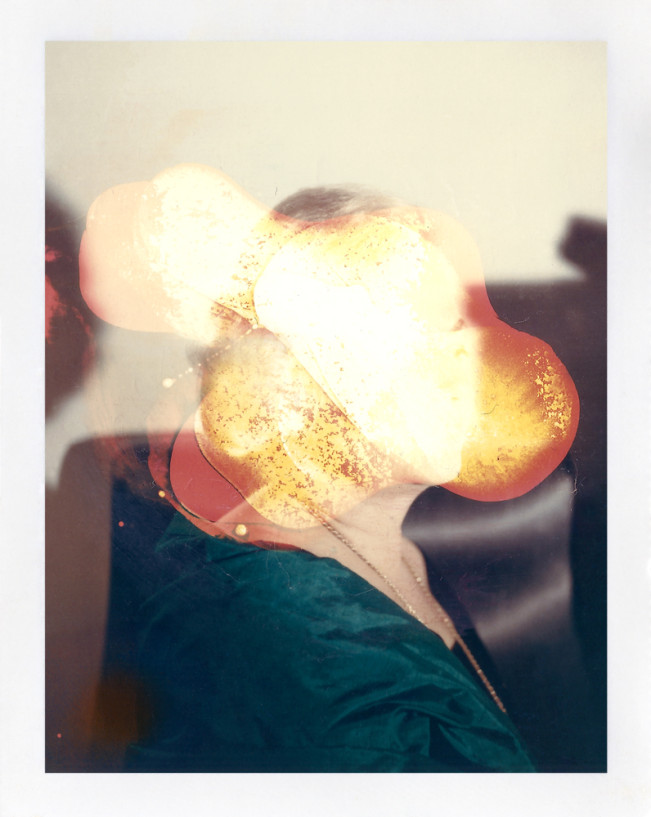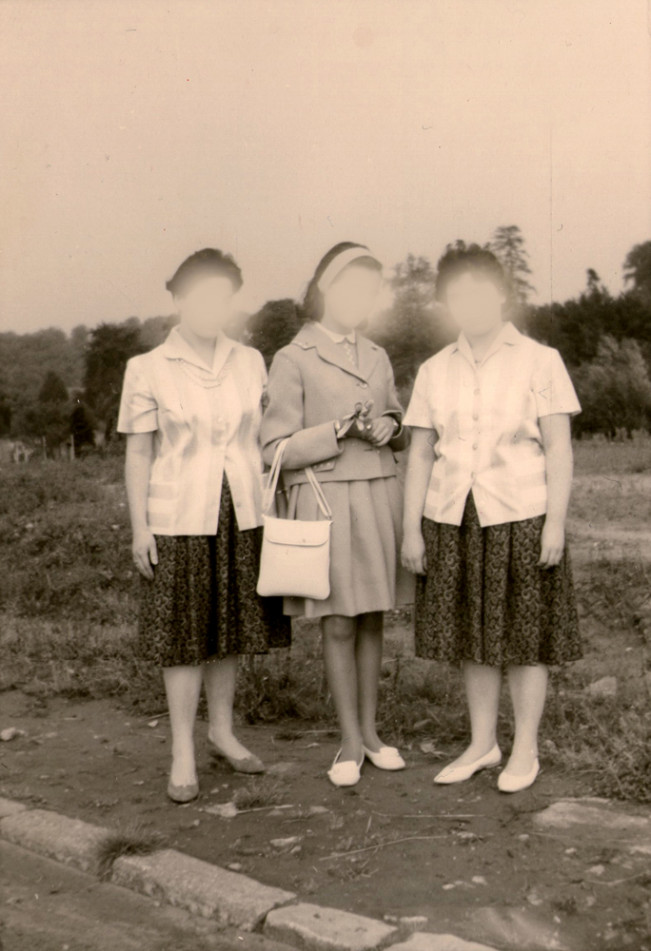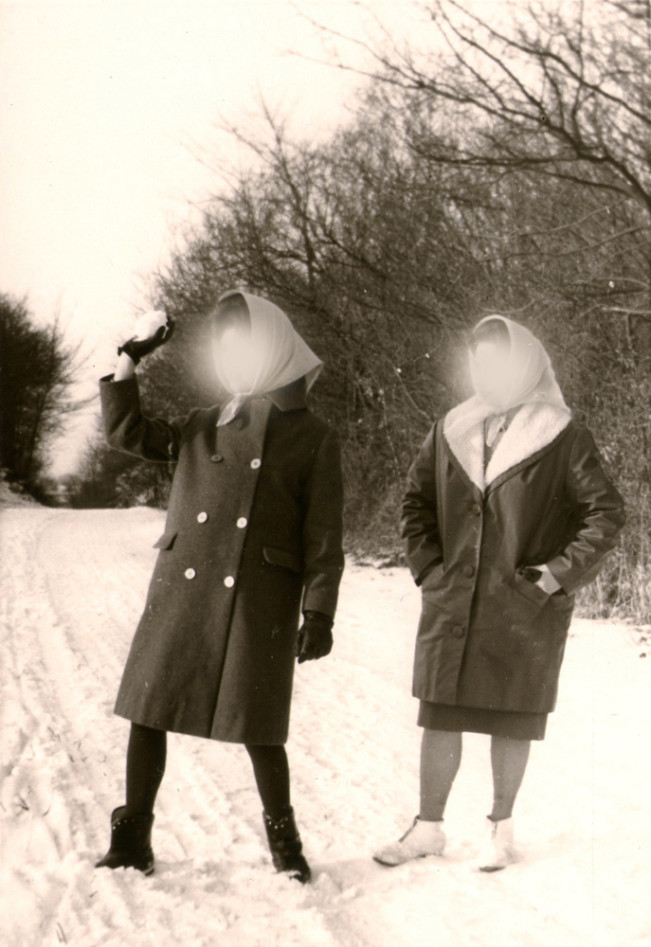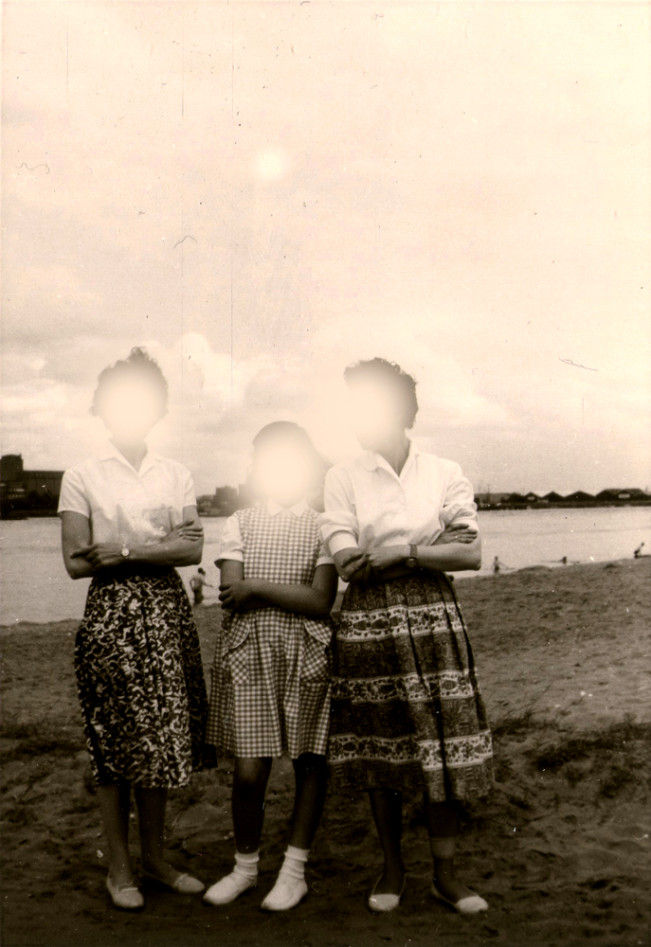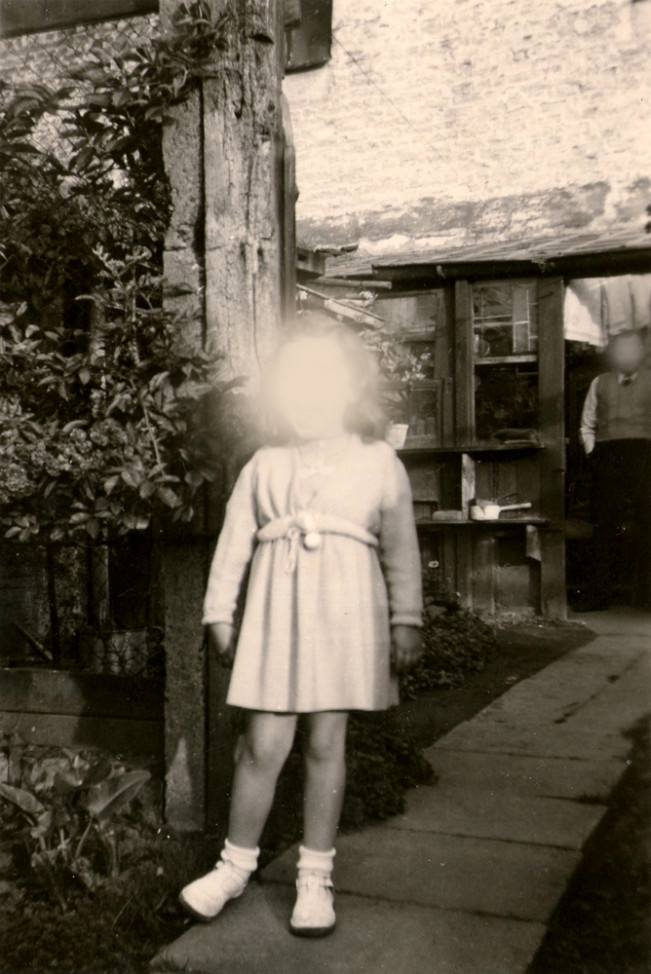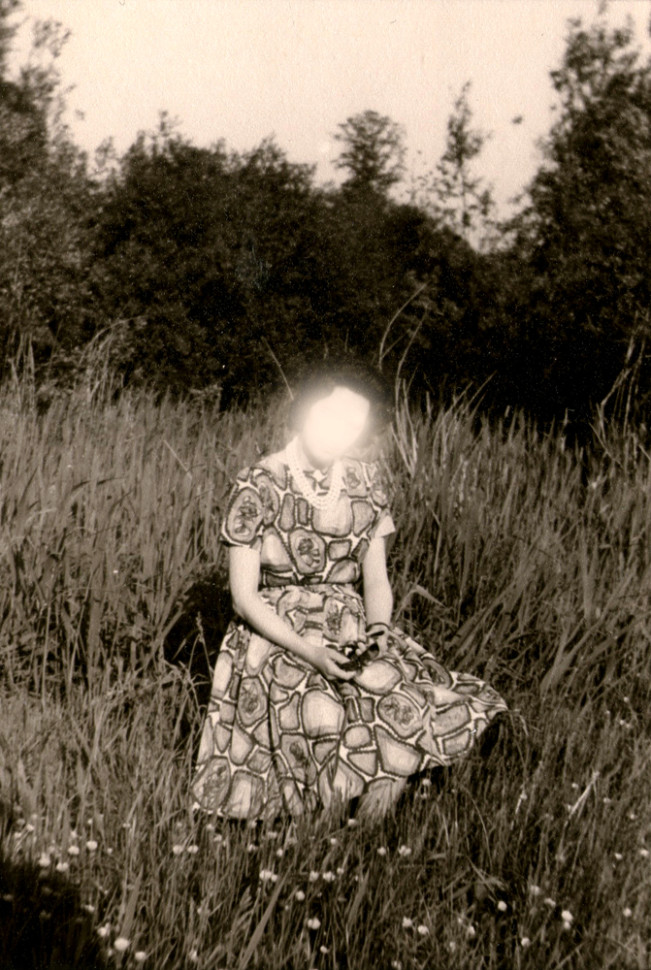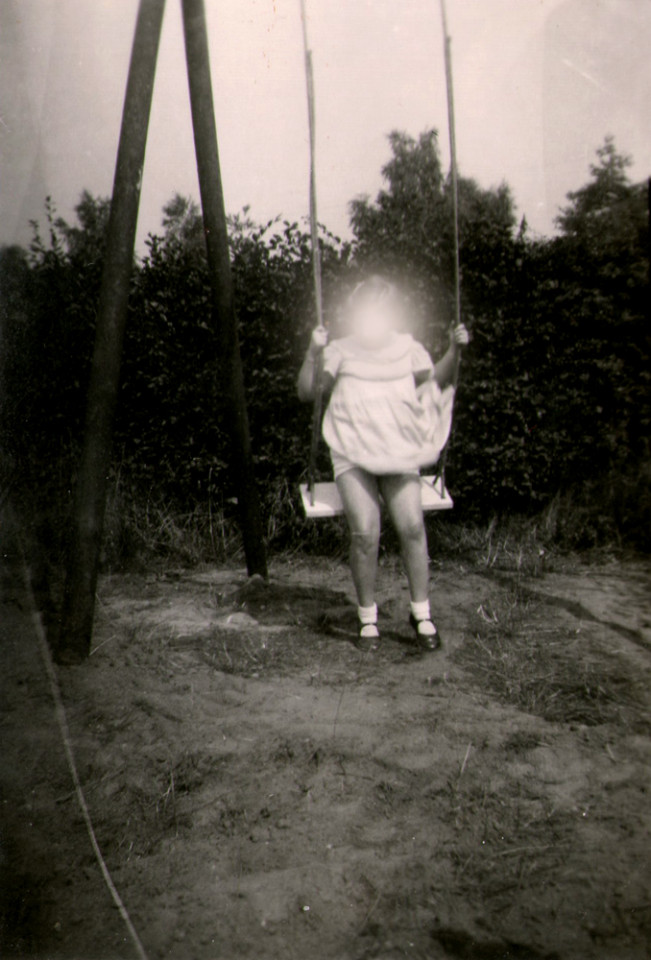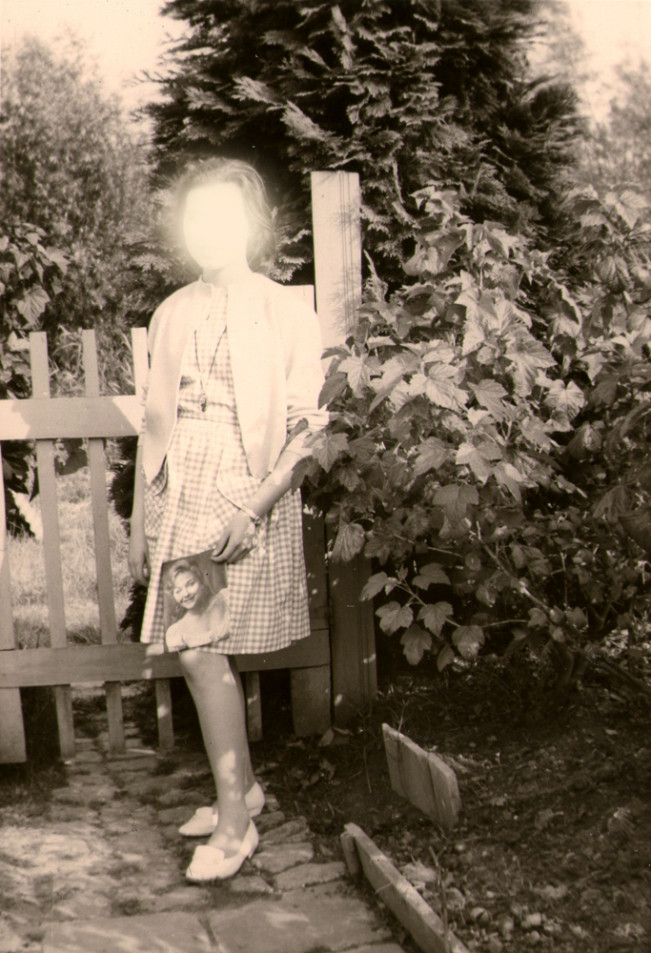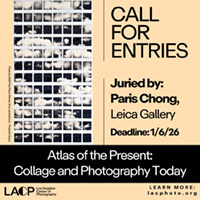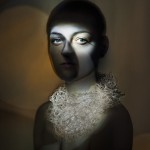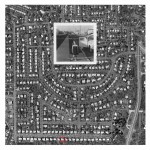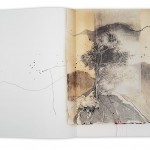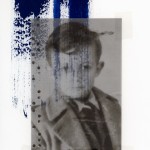Daniela Contreras: Desaparecidas and Identidades
Chilean photographer and video artist, Daniela Contreras uses found photographs to explore the ideas of fragility of the memory, imagery where art and photography collide, and seeing and constructing the past and present with her two series, Desaparecidas and Identidades.
Danilea studied Professional Photography in Institute Professional of Art and Comunication-ARCOS in Santiago of Chile and she received her BA degree in Documentary Cinema from the Chile Film School, where she created the documentary, My plebeian blood also it dyes of red and was awarded Best Documentary Prize in FEMCINE FESTIVAL (Santiago of Chile) and the Jury Special Prize in DIVA FILM FESTIVAL (Valparaíso, Chile) in 2011. Also, it was showed in Cuba, Spain and other countries.
In 2013, her project, Classe Touriste, was selected for the Second Antology of the Chilean Young Photography and it will show in the exhibition, Filiations, (curator: Viviana Brodsky) in Art Contemporary Museum-MAC of Santiago of Chile (October-November, 2013). Her video-essay, 32º south – 73º west, received a grant from the Art Fund of The National Council for Culture and the Arts (CNCA) and a grant for the Master of Visual Antropology at Barcelona University of Audiovisual Fund of CNCA. At present, she is part of photography and genre collective, Paper Photographers women, and co-publisher of the fanzine Contextualized Photography in Barcelona, Spain.
Desaparecidas and Identidades
Making photography nowadays is a bet on the impure, on the contaminated formats and on those mixed zones: where the art fields negotiate their borders. That’s why, I’m interested in developing different kind of projects (audiovisuals, photographic and in visual arts) to ask myself about the present and the past, to question me the collective memory and the identity problem, and at the subject that produces. In this sense, working with photographic and visual materials of other people together with mine; is an attractive way to compare distinct forms of seeing and constructing, visually, the world and the reality. Across these confrontations I search to generate a critic narration, new significances and images for a present in constant transformation. For example, «Identities» is a reflection about family photographic portraits as a process of objectification of the memory and the identity that, through censorship of the face (identity), the work prevents that the photographies befalls as family memory and deconstructs their symbolic condition.
Desaparecidas [Missing women] is compound for six photography found in different lost family albums of the 1970s. The photographies was intervened with chemical products in the faces of these six women, fading them and erase them. After, the photographies were digitized and enlarged in the exhibition format.
The chemical products reacted of different forms to the contact with the chemical components of the photographies, generated differents colors and effects in the images, but all they have a comun characteristic: the spectrality of the images of these women.
The spectrality isn’t complete, this are in a ambiguous line between the absence and the presence, the figurations of these women are recognizable, but at the same time, they are rarefied. The images are familiar and aren’t in the same movement. This movement is a waiver of their immanence the photography, is a subtraction of their remnant.
Identidades [Identities] works with a serie familiar photographic portraits of 1950s and 1970s. The photographies was scaned and intervened digitally for erasing the faces. With this, I want generate a reflection about the importance to see the society across of the portrait in the century XX.
The familiar photographic portraits has been considered as support of personal memory and identity, when I erase the faces is reveal the objectification that make the portrait across of the distancing of the glance.
The erased faces with a forced and mechanic gesture is a negation of her identities, depriving their feature of family memory and showing the artificiality and fragility of the memory, is a deconstructing his simbolic condition and emotive.
Posts on Lenscratch may not be reproduced without the permission of the Lenscratch staff and the photographer.
Recommended
-
Ragne Kristine Sigmond: Portraits of Painterly LightDecember 2nd, 2025
-
Mary Pat Reeve: Illuminating the NightDecember 1st, 2025
-
Ricardo Miguel Hernández: When the memory turns to dust and Beyond PainNovember 28th, 2025
-
Pamela Landau Connolly: Columbus DriveNovember 26th, 2025
-
MATERNAL LEGACIES: OUR MOTHERS OURSELVES EXHIBITIONNovember 20th, 2025

